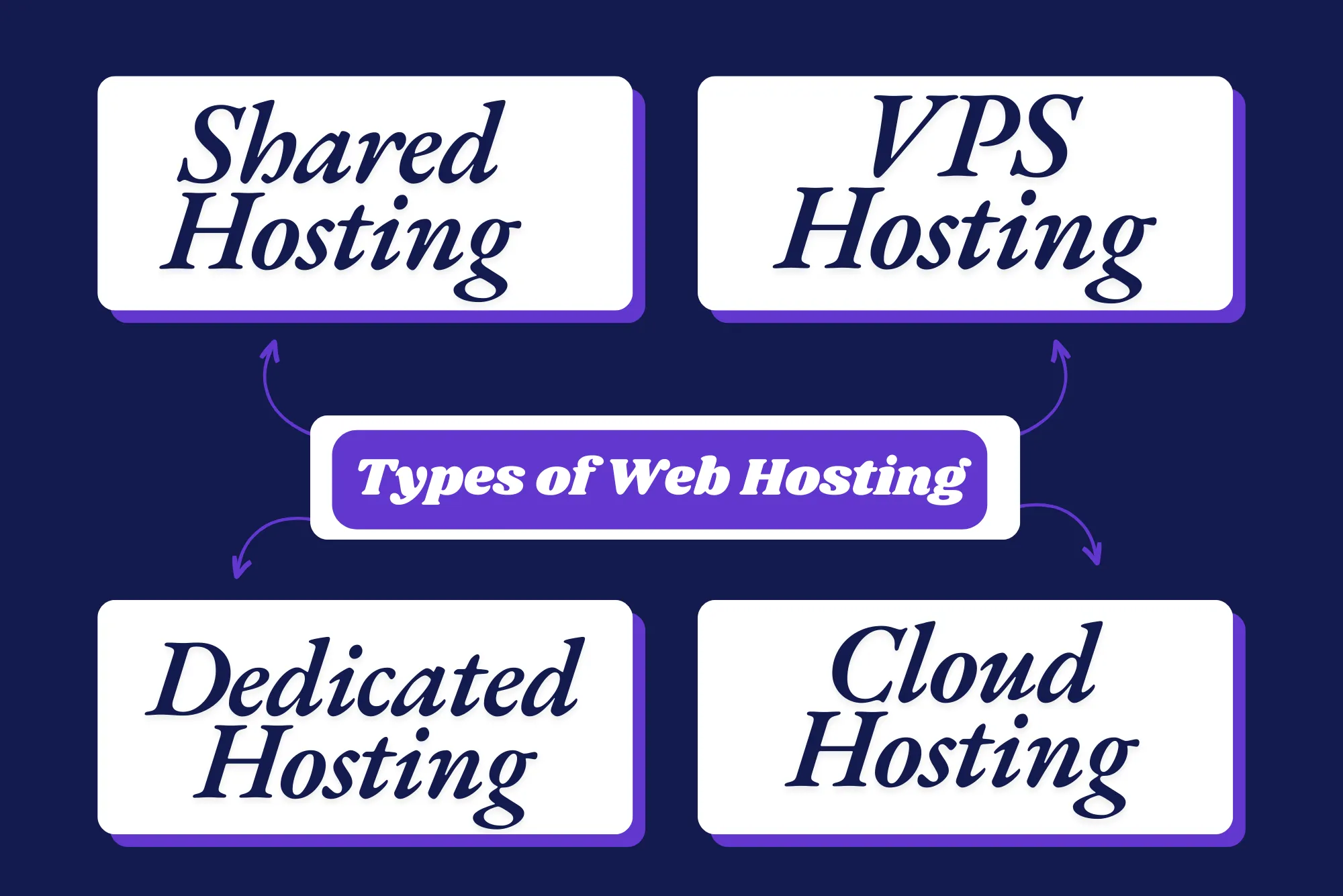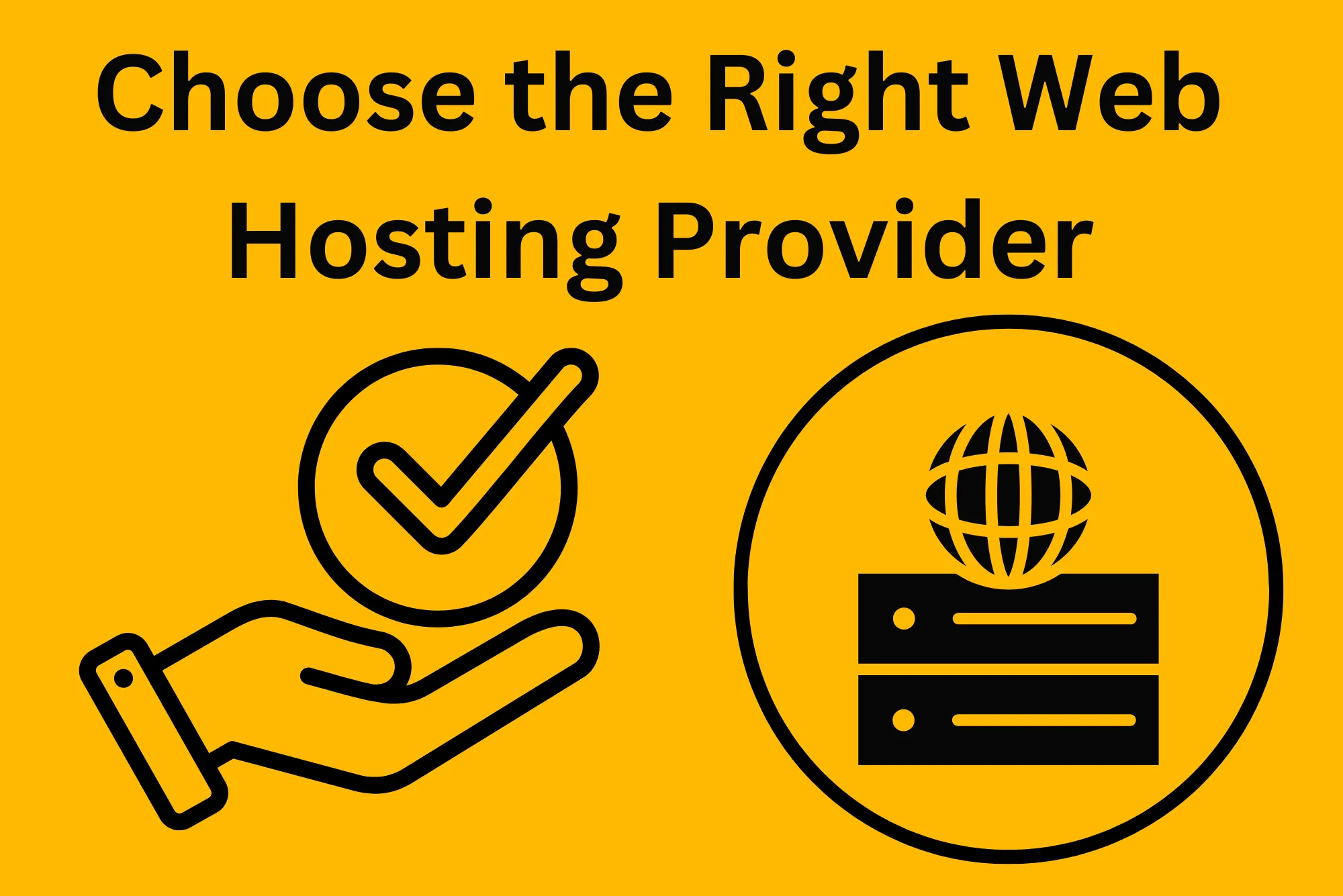In today’s digital world, creating a website is essential for individuals and businesses alike. But before launching a website, it’s crucial to understand the role of web hosting. Web hosting is a service that provides the technology and resources necessary to make your website accessible to users around the globe. In this guide, we’ll break down the basics of web hosting, explore different types of hosting options, and provide insights to help you choose the best hosting for your needs.
Understanding Web Hosting
Web hosting allows you to publish your website on the internet by storing your site’s files on a web server. Whenever someone enters your domain name, their browser retrieves these files from the server, making your site’s content viewable.
At its core, web hosting consists of two main components: server space (to store your files) and bandwidth (to deliver those files to users). Together, these resources enable your website to function smoothly, ensuring that users can access it 24/7.
Types of Web Hosting Explained

Not all web hosting is created equal; there are various types tailored to different needs. Here’s an overview of the most common hosting types:
Shared Hosting
Shared hosting is often the most affordable and beginner-friendly option. In this setup, multiple websites share the same server and its resources, making it cost-effective for those just starting.
- New websites, blogs, and small businesses.
- Low cost, easy to set up, maintenance handled by the host.
- Limited control, slower speeds during high traffic, and potential security risks due to sharing.
VPS Hosting (Virtual Private Server)
VPS hosting offers more control and dedicated resources by dividing a physical server into virtual segments. Each site on a VPS has its own portion of the server’s resources, making it a more stable and flexible option than shared hosting.
- Growing websites, moderate traffic, and sites needing custom settings.
- Greater control, scalable, better performance.
- Higher cost than shared hosting, some technical knowledge required.
Dedicated Hosting
Dedicated hosting provides a dedicated server solely for your website. It is the highest-performing hosting type, with complete control over the server environment.
- Large websites, e-commerce, and high-traffic sites.
- Maximum control, fast speeds, top-level security.
- Expensive, requires server management skills.
Cloud Hosting
Cloud hosting uses a network of virtual servers to handle your website. It’s a flexible, reliable solution that distributes resources across multiple servers, so if one server fails, another one takes over.
- Growing websites, businesses needing high uptime, and scalability.
- calable, excellent uptime, flexible pricing based on use.
- Can be more expensive, and costs fluctuate based on usage.
Key Features to Look for in Web Hosting
When choosing a web hosting provider, it’s essential to focus on key features that will impact your website’s performance and user experience:
- Reliability and Uptime: A reliable host with a high uptime (99.9% or more) ensures that your website is accessible to users without frequent outages.
- Storage: Depending on your website’s needs, ensure that your host provides adequate storage space for your files.
- Bandwidth: High bandwidth allows more data to be transferred, supporting larger visitor numbers without compromising speed.
- Security Features: Look for features like SSL certificates, malware protection, and automatic backups. These are crucial for protecting your website from online threats.
- Customer Support: Reliable, 24/7 customer support can be a lifesaver if you encounter technical issues, so prioritize hosts with good support services.
“Web hosting is the foundation of a website’s reliability and security. Investing in a quality host can save you from potential downtime and security issues.”
How to Choose the Right Web Hosting Provider

Selecting the best web hosting provider can feel overwhelming, but following these tips can make the decision easier:
Define Your Budget
Start by determining how much you’re willing to invest in hosting. While there are many affordable options, remember that quality hosting often comes with a higher price. A modest investment in quality hosting can pay off in terms of reliability and support.
Assess Your Website’s Needs
Consider your website’s content and traffic expectations. For instance, if you’re running a personal blog with low traffic, shared hosting may be sufficient. However, a business or e-commerce site with high traffic might need VPS or dedicated hosting for optimal performance.
Look for Scalability Options
As your website grows, it’s essential to have a hosting plan that can scale with it. Choose a provider that offers easy upgrades, such as from shared to VPS, without needing a complex migration process.
Examine Security Measures
Security is non-negotiable, especially if your website handles sensitive information. Prioritize hosts with solid security practices, including regular updates, firewalls, and data encryption.
Comparing Web Hosting Types for Your Needs
| Hosting Type | Ideal For | Control | Cost | Security |
|---|---|---|---|---|
| Shared | Beginners, low-traffic sites | Low | Affordable | Basic |
| VPS | Growing websites | Moderate | Mid-range | Enhanced |
| Dedicated | High-traffic, e-commerce sites | High | Expensive | Advanced |
| Cloud | Scaling sites, high reliability | Moderate | Variable | High |
This comparison helps visualize the differences between hosting types, making it easier to decide based on your website’s requirements.
Common Web Hosting Pitfalls and How to Avoid Them
When choosing a hosting provider, be mindful of these common mistakes:
- Underestimating Future Needs: Choose a hosting plan that can grow with your website. If you expect your traffic to increase, opt for a scalable hosting type like VPS or cloud.
- Ignoring Security: Websites are vulnerable to cyber threats, especially on shared servers. Ensure your host offers security features to protect your site and its data.
- Not Reading Customer Reviews: A hosting provider may look perfect on paper, but customer reviews often reveal insights into service quality, reliability, and customer support responsiveness.
- Overlooking Terms of Service: Understanding your hosting plan’s fine print, especially regarding renewals and cancellation, can save you from unexpected costs.
Highlighted Tip: Always consider your website’s future potential when choosing a host. A scalable and secure hosting plan ensures smooth growth without compromising security or performance.
Choosing the right web hosting plan is a critical step for anyone creating a website. By understanding different types of hosting and evaluating essential features like uptime, scalability, and security, you can make an informed decision that aligns with your needs. With the right hosting provider, you’ll have a stable foundation for a successful website that offers an excellent experience for users.












